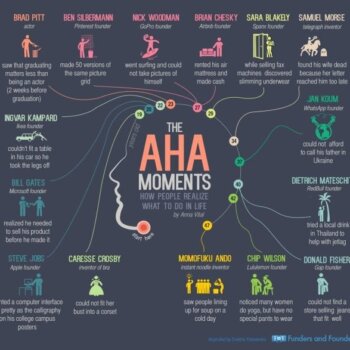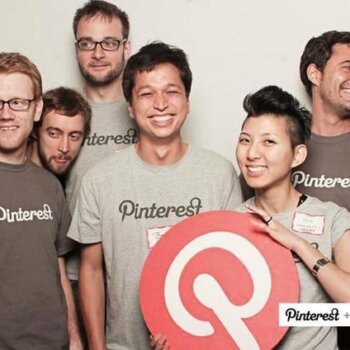Over the years since its creation in 2007, Glassdoor, the site that allows employees of companies in the United States to anonymously provide information about their companies, even what they are paid, has become a reference source of unquestionable value, consulted by many candidates when considering job offers. The place a company occupies on Glassdoor’s annual ranking is very important to them when it comes to attracting or retaining talent.
Glassdoor’s 2020 league table reflects a trend that, regardless of criticism of its methodology, clearly shows the declining appeal of most of the large technology companies. With the exception of Microsoft, alone in improving its position, Apple dropped 13 spots, Google is out of the Top 10, Facebook has fallen 16 places, while Amazon is not even in the first 100.
In short, Glassdoor this year seems to confirm what the media has been saying: Google is no longer that mythical company where everyone wanted to work, as it steadily “normalizes” to become simply “another company”, investigated by the labor authorities to ensure that it respects its employees’ right to freedom of expression, and doesn’t sack them for arbitrary reasons or block unionization. Morale at Facebook keeps falling, while customer trust is at such a low ebb that the company now provides employees with a chatbot so that they can answer difficult questions about its activities.Today In: Leadership
What’s going on with the tech sector? Veteran business school teachers like myself still remember when our students overwhelmingly wanted to work at the same consultancies or financial companies that are now replacing them with algorithms. After the collapse of Lehman Brothers and the 2008 economic crisis, everybody wanted to work for the technology companies: I remember all too well the interest my students showed when I invited a senior figure from one of them to a class. Now, my students are often highly critical of the tech companies. Interestingly, it’s the younger students who are most concerned.
There is now a growing debate about how to regulate the power of Big Tech: Elizabeth Warren, the Democratic presidential candidate who has made reining in this companies a campaign pledge, is now backed by Silicon Valley.
Glassdoor’s new ranking doesn’t offer many clues as to what kind of companies might emerge to replace technology companies in our esteem. This year’s is a confusing jumble of companies of all kinds, from software players like HubSpot, which has banished the previous number one, Zoom, from the list, to consultancies, airlines or hamburger chains, with no clear pattern.
We find ourselves amid transition that still offers very few clues about what is to come. But the fall of Big (and not-so-big) Tech is worrying, as companies once associated with unconventional and inviting working conditions morph into just another place to earn a crust.
When working at Google or Facebook no longer makes you the envy of your friends, when even the founders are abandoning the ship and your own company has to try to help you defend it from hostile accusations, then something has changed. Something has clearly gone wrong.
About the Author
This article was written by Enrique Dans, professor of Innovation at IE Business School and blogger at enriquedans.com.





























